JUMUN 2019
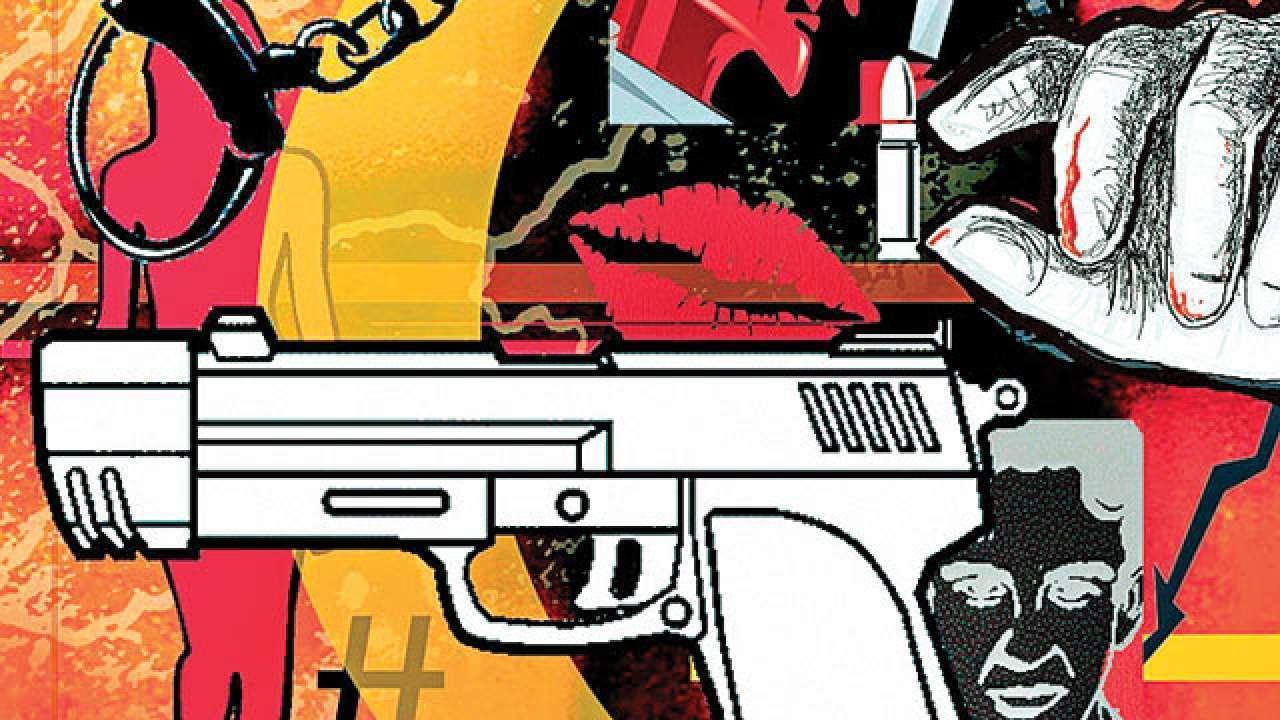

Political Conflicts and Sports Diplomacy
Not only India, but many other countries are standing together when it comes to denouncing Pakistan after the horrific attack on a CRPF convoy in Pulwama, Jammu and Kashmir, that killed 46 jawans. India and Pakistan were supposed to go head to head on the 16th of June at Old Trafford, for the 2019 World Cup. Just like every other Indian, the cricketers who represent the country on foreign soil, have been affected by the attack and few of them have expressed their opinions with respect to India's decision to either play or forfeit the match against Pakistan during the World Cup. This situation can also claim to find parallels between the 1999 World Cup match during Kargil War and the 2003 World Cup Match after attacks on Indian Parliament, both of which lead to similar cries of anger and resentment.
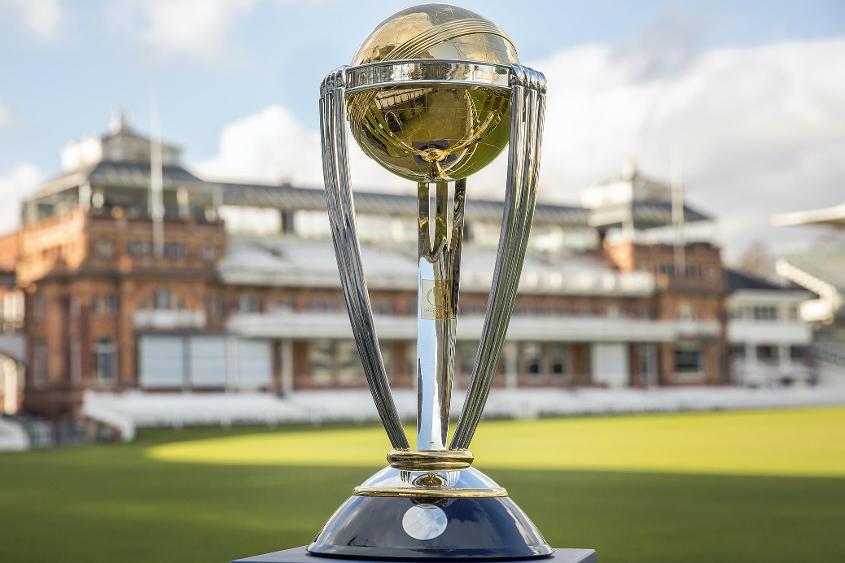
The BCCI had called on the International Cricket Council to "sever ties with countries from which terrorism emanates". This statement by the BCCI gave rise to speculations that India would like the International Cricket Council to ban Pakistan from the cricket competition itself rather than boycotting the group game at Old Trafford in Manchester. This has further laid the path for more speculations and controversy. There are mixed opinions doing rounds which claim that by not playing, India will be giving Pakistan a walk-over and hence, this would not be the best decision to undertake. The legendary Sachin Tendulkar wrote on Twitter that while it would be painful to lose potential points by not playing Pakistan this summer, he will stand by the decision taken by BCCI.
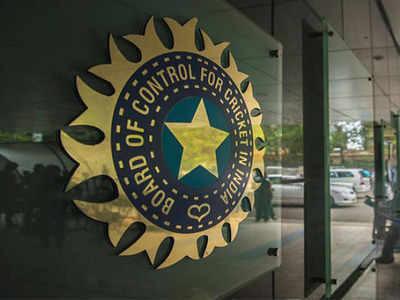
However, few cricketers expressed that not playing the match against Pakistan in the group league of the upcoming World Cup, will not affect India's chances of winning. Harbhajan Singh was of this particular opinion and former captain Sourav Ganguly, supported him adding that all sports ties with Pakistan must be severed. Virat Kohli said that the Indian team will stand by the decision of the government and the board, regarding the boycott of Pakistan. Whether BCCI chooses to boycott the team game or appeal to ICC to ban Pakistan, the whole debate is an example of how political relations between the two countries, has affected the competitive spirit that sports like cricket is supposed to encourage and turned the upcoming World Cup, a platform for competitive sportsmanship, into a ground for controversy.
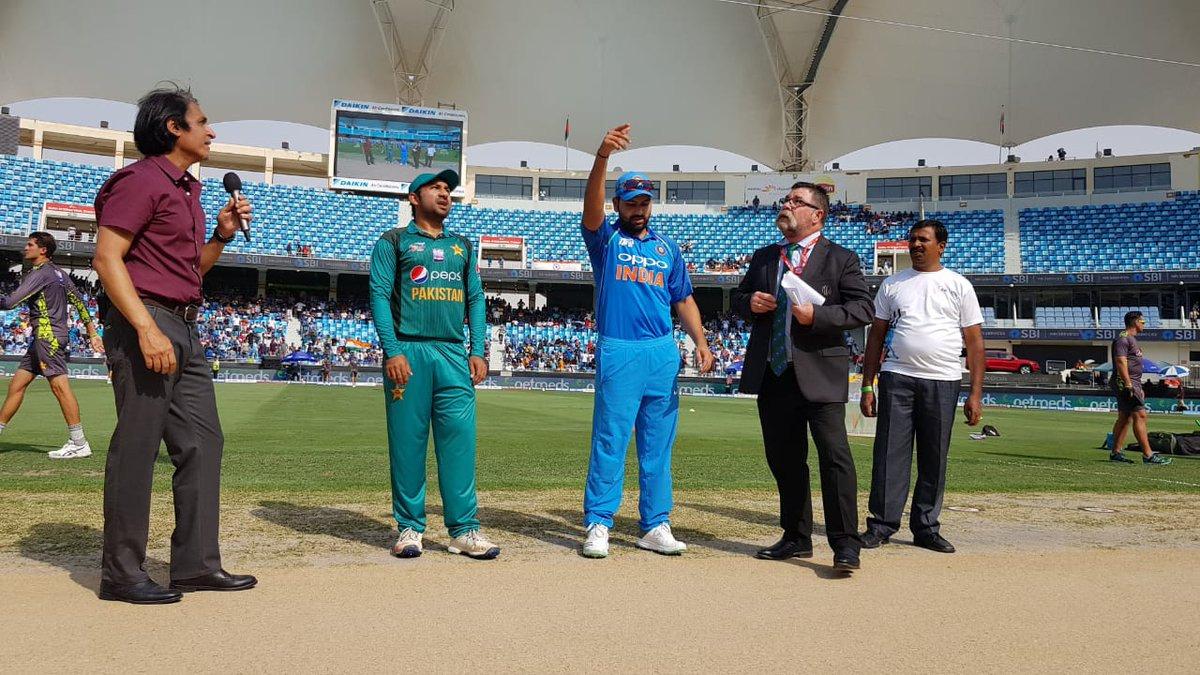
Few members of the audience may believe that sports and politics must be kept separate, but all the debate and the ugliness becomes necessary when the term sports diplomacy comes into question. What India or rather the Indian governing cricket board is trying to do here, is to employ cricket which has a wide reach and is an extremely popular sport, to point to the world the grave mistake that Pakistan did. Boycotting a match or an appeal to ban the Pakistani cricket team will not be a way of achieving justice through sports but can rather be portrayed as an example of India appealing to the humanitarian side of sports to do what is right, that is the controlled and unified isolation of Pakistan in cricket.
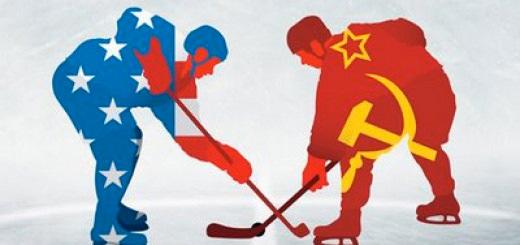
Sports Diplomacy has emerged in the contemporary world as a way of strengthening relations between various nations through their mutual passion for sports. It has resulted in increasing cultural exchange in the world leading to better relations between nations, through the employment of sports. However, sports diplomacy has seen both positive and negative side effects when it comes to how it has been used or misused in the past.

The Olympics itself is the biggest political example of how sports can be used for diplomatic means. The Olympics is sort of a four yearly cultural sports meet between the nations of the world with the purpose of fostering good relations. However, in the 1936 Olympics, Adolf Hitler used sports as a platform for promoting German Nationalism and Aryan beliefs of racial supremacy by instilling unity in the German youth and banned Jews from participating in several events, in order to establish his made up process. In the case of football, the 2004 AFC Asian Cup held in China made headlines due to events that took place during the final between China and Japan, apparently due to historical relations dating back to World War II. This just proves how historical events can create everlasting friction that might affect sporting events years later. In the case of cricket apart from the well known India-Pakistan situation, the 2008 Zimbabwean Presidential election suspended all bilateral relations between the England and Zimbabwe and Zimbabwe's tour of England in 2009 was eventually cancelled.
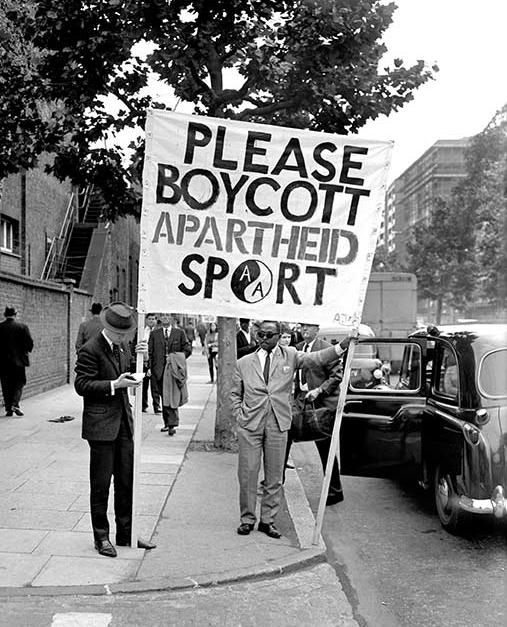
However, the greatest example of Sports Diplomacy bringing in a massive socio-political change was the sporting boycott of South Africa during Apartheid which played a crucial role in forcing South Africa to open up their society and to end a global isolation. South Africa was excluded from the 1964 Summer Olympics, and many sports' governing bodies expelled or suspended membership of South African affiliates. Here, the sports diplomacy worked as a tool where the isolation of South Africa lead to a turning of tables which has its own effect on the Apartheid Struggle. This is one of the rare examples of when sports diplomacy affected the policies of the South African government which in turn affected global relations. All of this leads to the conclusion that politics and internationalrelations have seeped into the world of sports and now the two fields are invariably connected.
Factors liked terrorism has also had its appalling effect on cricket and sporting relations. The England Cricket team left midway from a bilateral series against India during 26/11 attacks in Mumbai because the dreadful state the country was in, made it impossible to continue with the scheduled matches. Even more disgraceful, was the attack against the Sri Lankan cricket team in Pakistan during a test series. In 2011, India and Pakistan played each other in the 2011 Cricket World Cup for the first time since 26/11 attacks in Mumbai. It took 3 years for this game to be held between the two cricket teams since the attack. However following the game, permission was granted for the two countries to play regular series against each other.
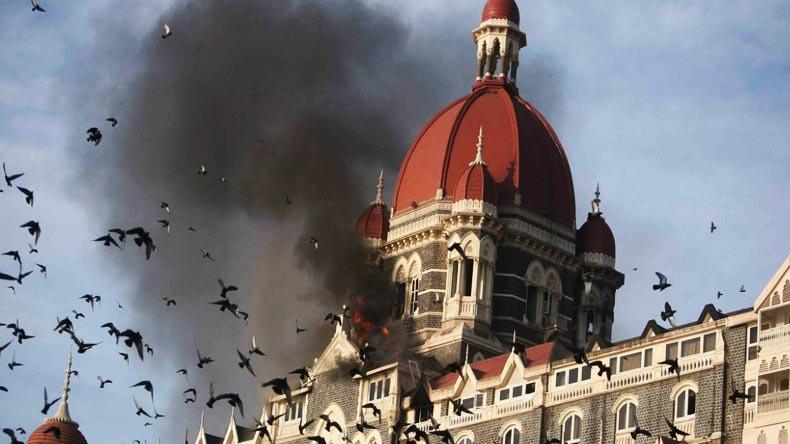
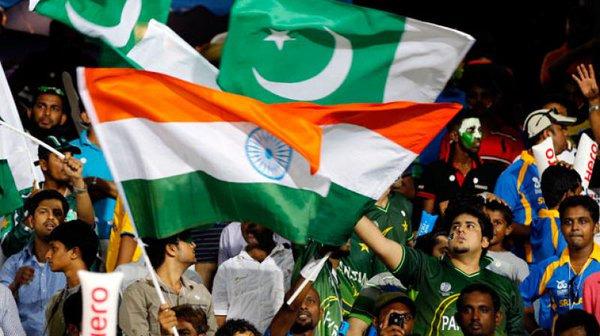
It is unfortunate how the world of sports which tries to encourage healthy competition and which tries to provide entertainment to viewers is also affected by something not even remotely related to what should sports should actually encompass. However, it would be still be impractical to think that this is unnatural or shouldn't happen, owing to the very concept of Sports Diplomacy and how everything in the modern world, including sports, can act as a link between countries and their relations with one another.